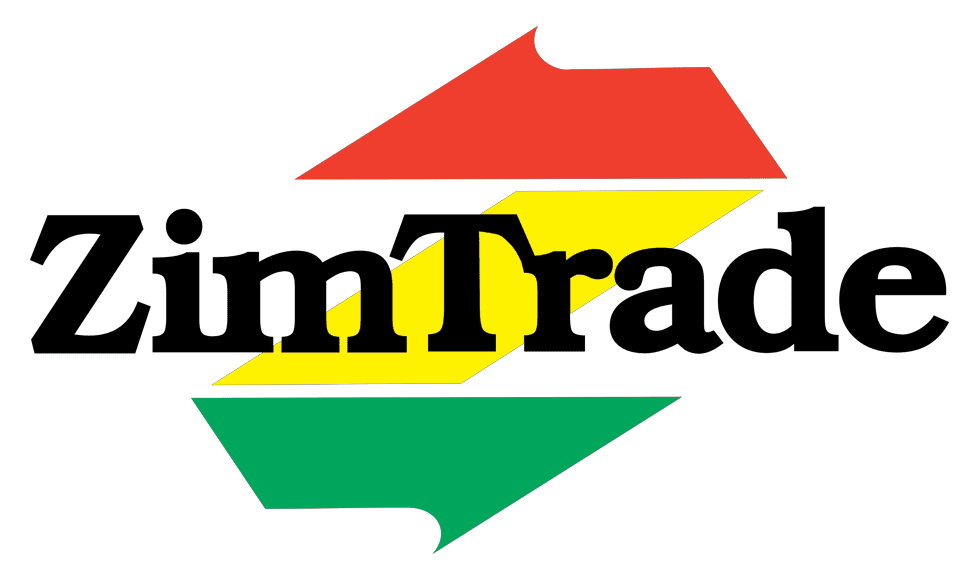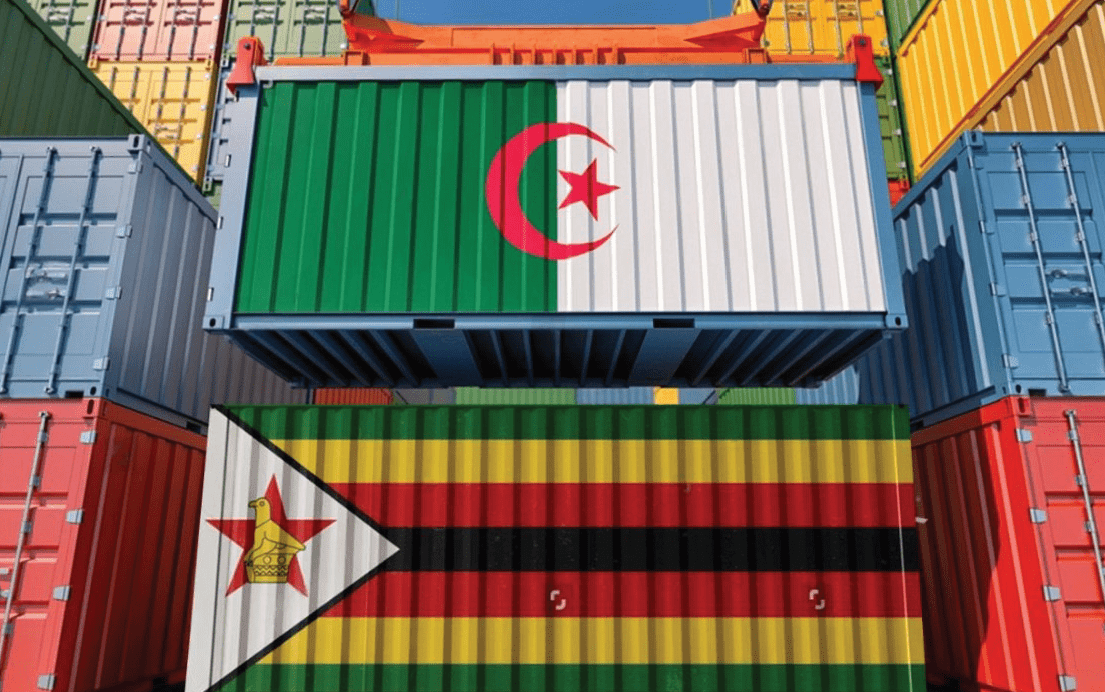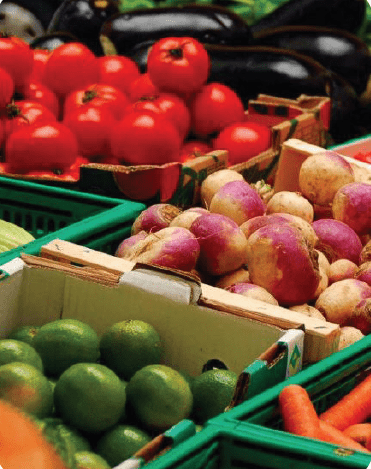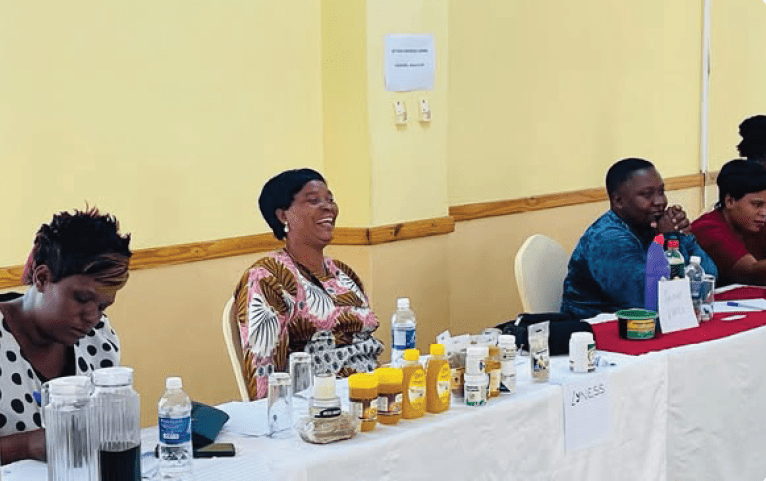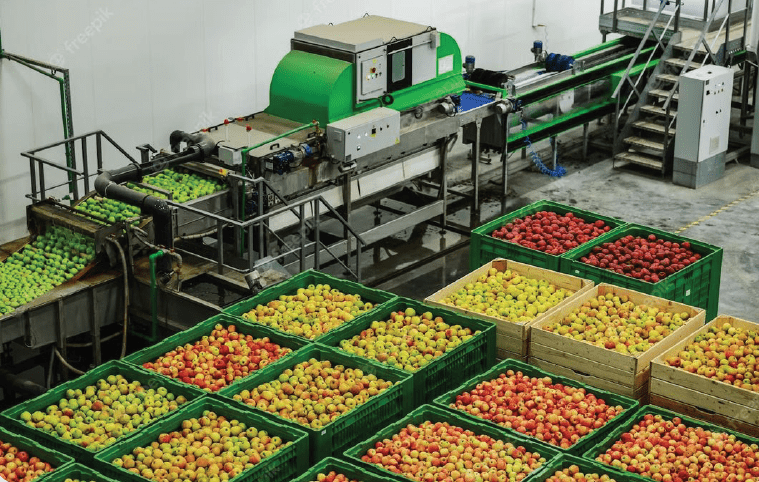By Kudzai Magwenzi
ALGERIA, THE largest country in Africa by land area, is strategically located in North Africa and acts as a vital gateway linking Africa, Europe, and the Middle East.
With a population exceeding 44 million and an economy traditionally anchored by hydrocarbons, the country is accelerating efforts to diversify into agriculture, manufacturing, and infrastructure.
For Zimbabwe, which is actively seeking to expand its trade footprint beyond traditional markets, Algeria offers significant potential particularly in horticulture, cotton, processed foods, and construction materials.
In July, ZimTrade conducted a market scan to assess Algeria’s import patterns, regulatory environment, industrial base, and sector-specific demand, with the aim of unlocking new opportunities for Zimbabwean exporters.
This work builds on the strong diplomatic relations between Zimbabwe and Algeria, rooted in long-standing political solidarity and reinforced through the Joint Permanent Commission on Cooperation (JPCC).
Together, these factors create a favourable platform for enhanced economic engagement and mutually beneficial trade partnerships.
Potential
Field research highlights that while awareness of Zimbabwean products in Algeria is still developing, the market offers significant room for growth in commodities such as sesame, avocados, cotton, manufactured tobacco, sugar, and macadamia nuts.
Other products like sesame and Arabica coffee demonstrate strong competitive potential, while macadamia nuts stand out as a premium segment poised to benefit from Algeria’s growing health-conscious consumer base.
Algeria’s socialist economic framework, with its strong government role and extensive subsidies on essentials shapes a unique market landscape.
While this pricing system can limit competitiveness for imported processed foods, it creates clear opportunities for Zimbabwean exporters of raw and semi-processed commodities that are not heavily subsidized.
Beyond the essentials, the Algerian market currently dominated by European suppliers in categories like breakfast cereals offers untapped potential for Zimbabwe to position itself in high-value, niche export segments.
Focusing on competitive commodities and carving out specialized product lines will allow Zimbabwean exporters to leverage this environment to establish a resilient and differentiated presence in Algeria.
Logistics corridors such as the Walvis Bay dry port already offer practical access to Algiers and could further enhance connectivity and open pathways to wider West African markets.
Regulatory environment
Zimbabwean exporters aiming to access this high-potential market must ensure full compliance.
From July 2025, all importers are required to submit an estimated import program online through the Ministry of Foreign Trade and Export Promotion, with endorsement from the relevant sector ministry such as Agriculture, Industry, or Energy.
Exporters must also verify whether their products require import licenses or prior authorizations especially in agriculture, pharmaceuticals, and industrial goods and provide complete customs documentation including invoices, certificates of origin, packing lists, and compliance certificates.
In addition, Algeria enforces strict quality and safety standards, with health and phytosanitary certificates mandatory for agricultural products, Halal certification for food items, and Arabic labelling requirements for packaging.
Market Entry Strategies
Zimbabwe should focus on high-value, less saturated commodities such as coffee, macadamia nuts, and sesame.
These products provide a competitive edge due to the country’s strong reputation for quality and competitive pricing.
Concentrating on these segments will help diversify exports and establish a strong foothold in the Algerian market.
It is important to build capacity in areas such as Halal certification, packaging, and traceability.
This will ensure that exporters, particularly smallholder producers, can meet Algeria’s strict quality and regulatory standards.
Enhancing compliance capacity will also improve confidence in Zimbabwean products and reduce the risk of rejection or barriers to market entry.
Trade missions and diplomatic channels can be used strategically to showcase Zimbabwean products, gather valuable market intelligence, and establish long-term partnerships with Algerian buyers.
Strengthening these ties will not only create market access opportunities but also build trust and recognition for Zimbabwe’s export offerings.
